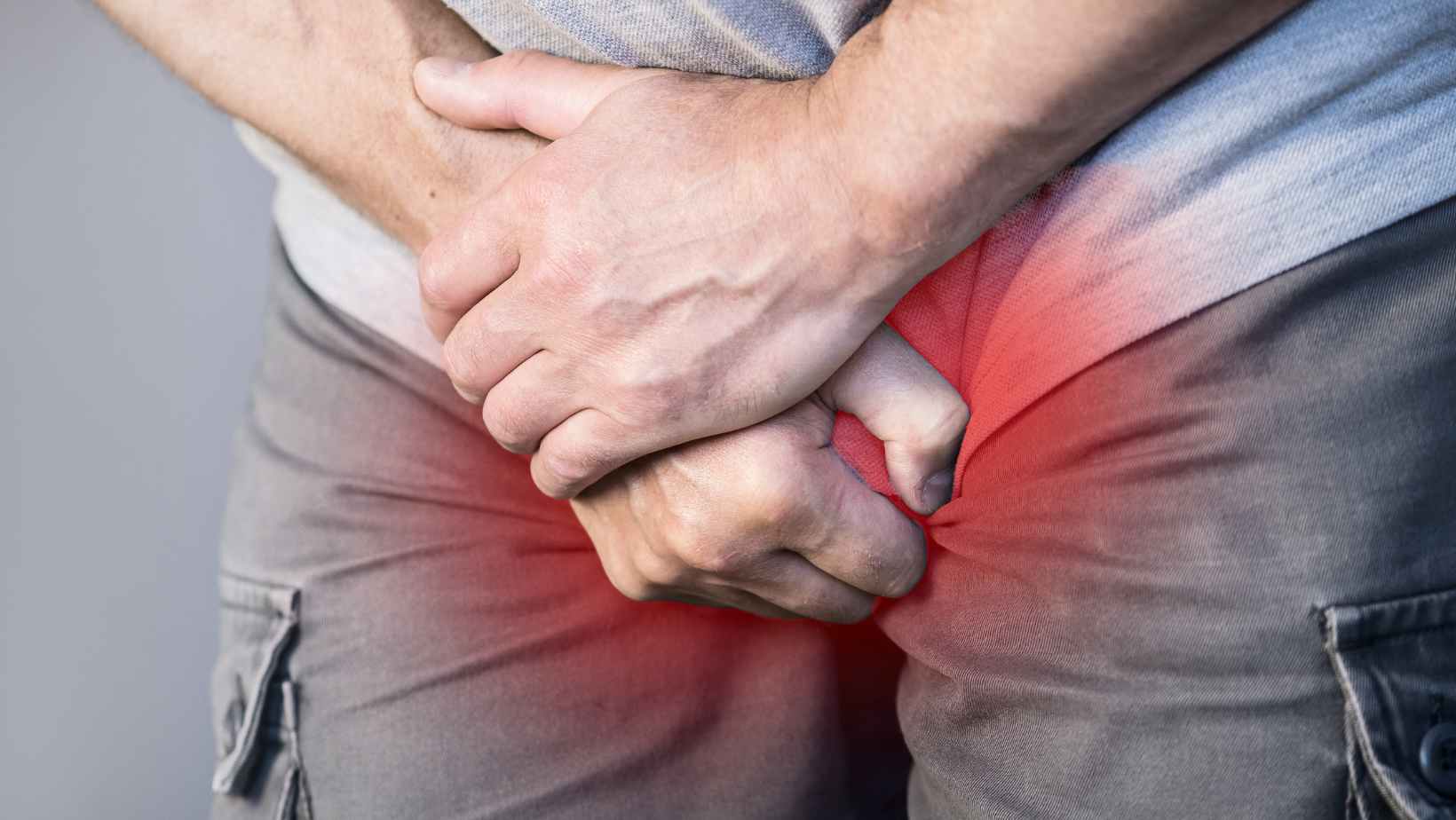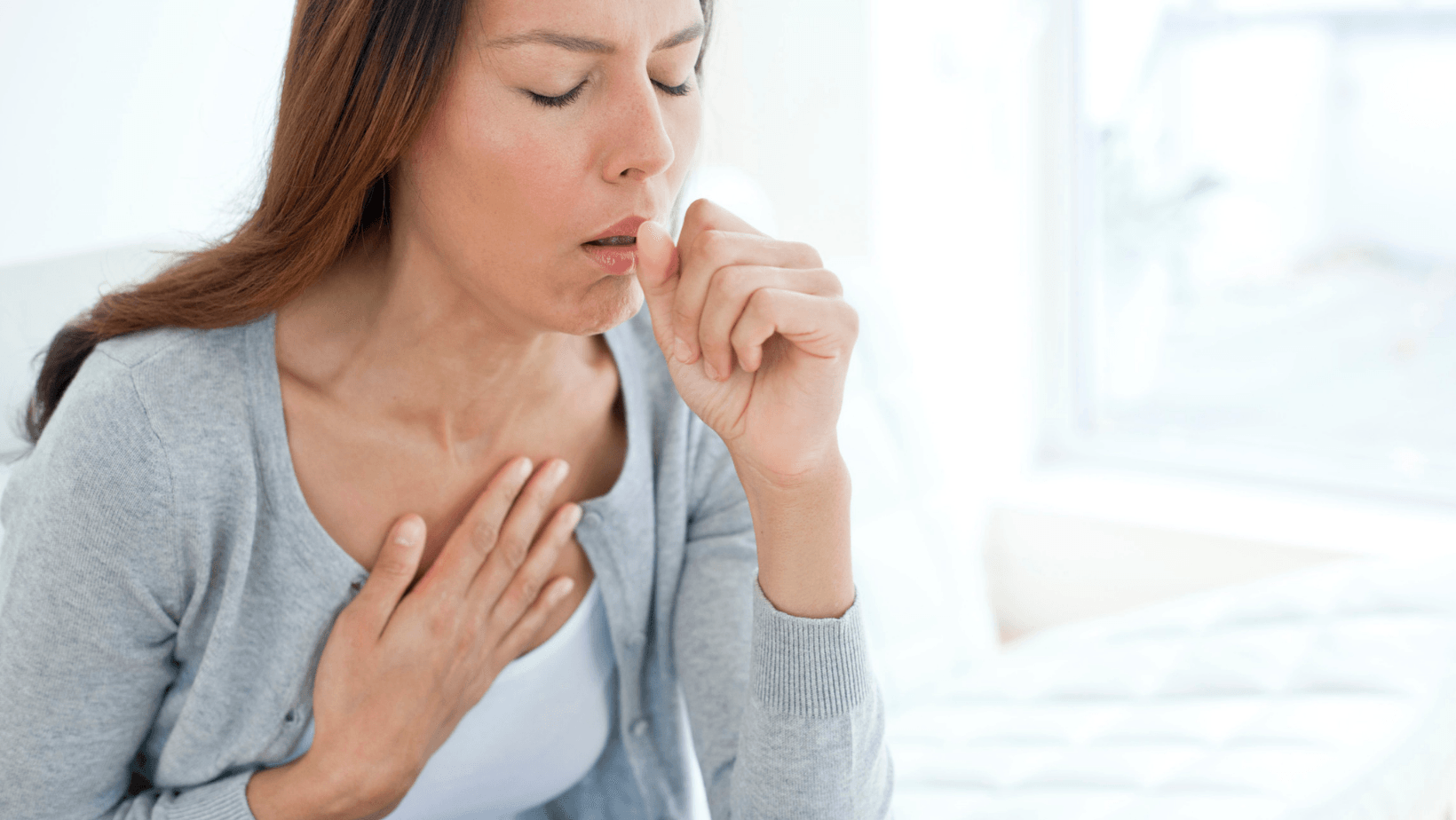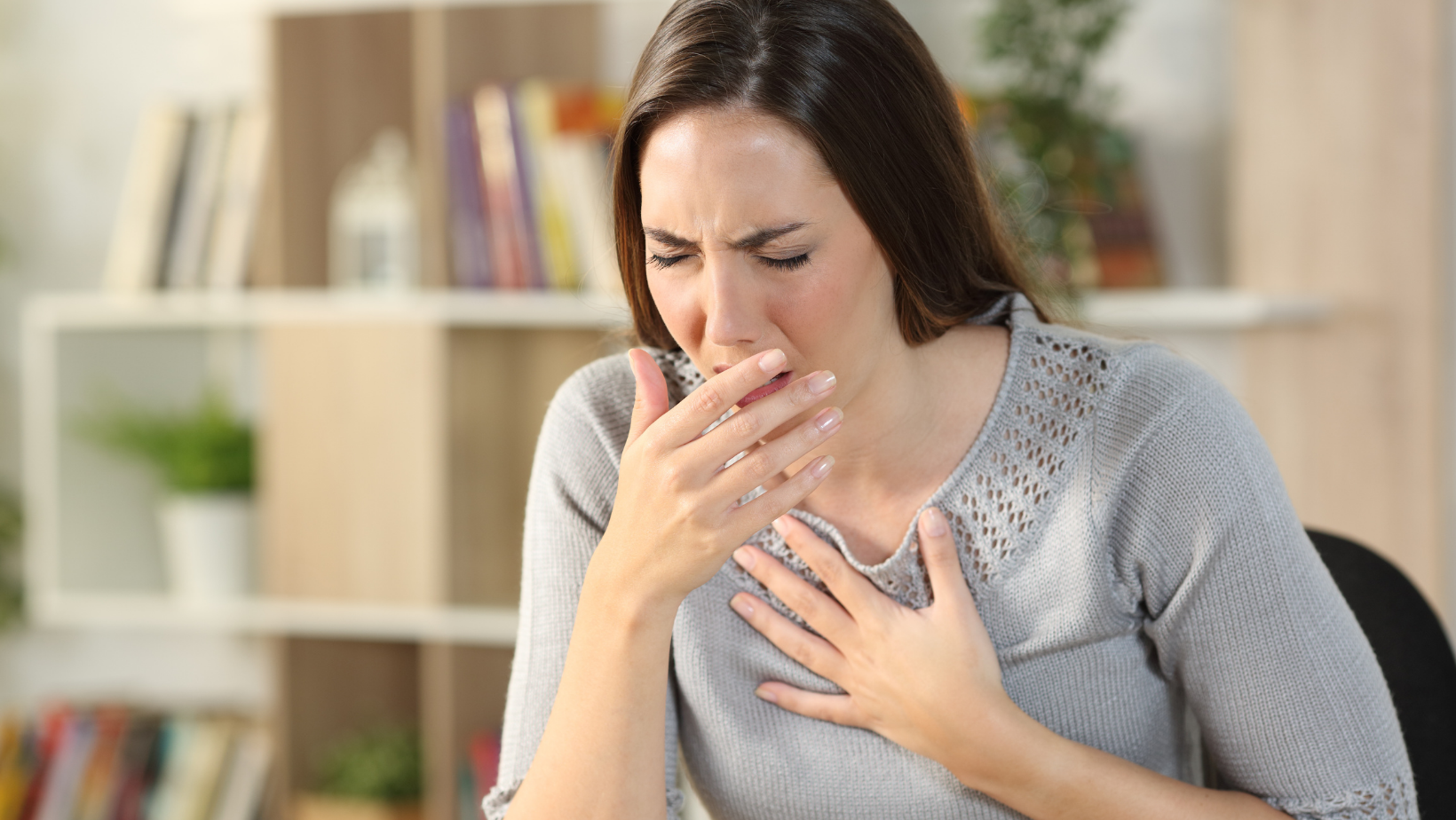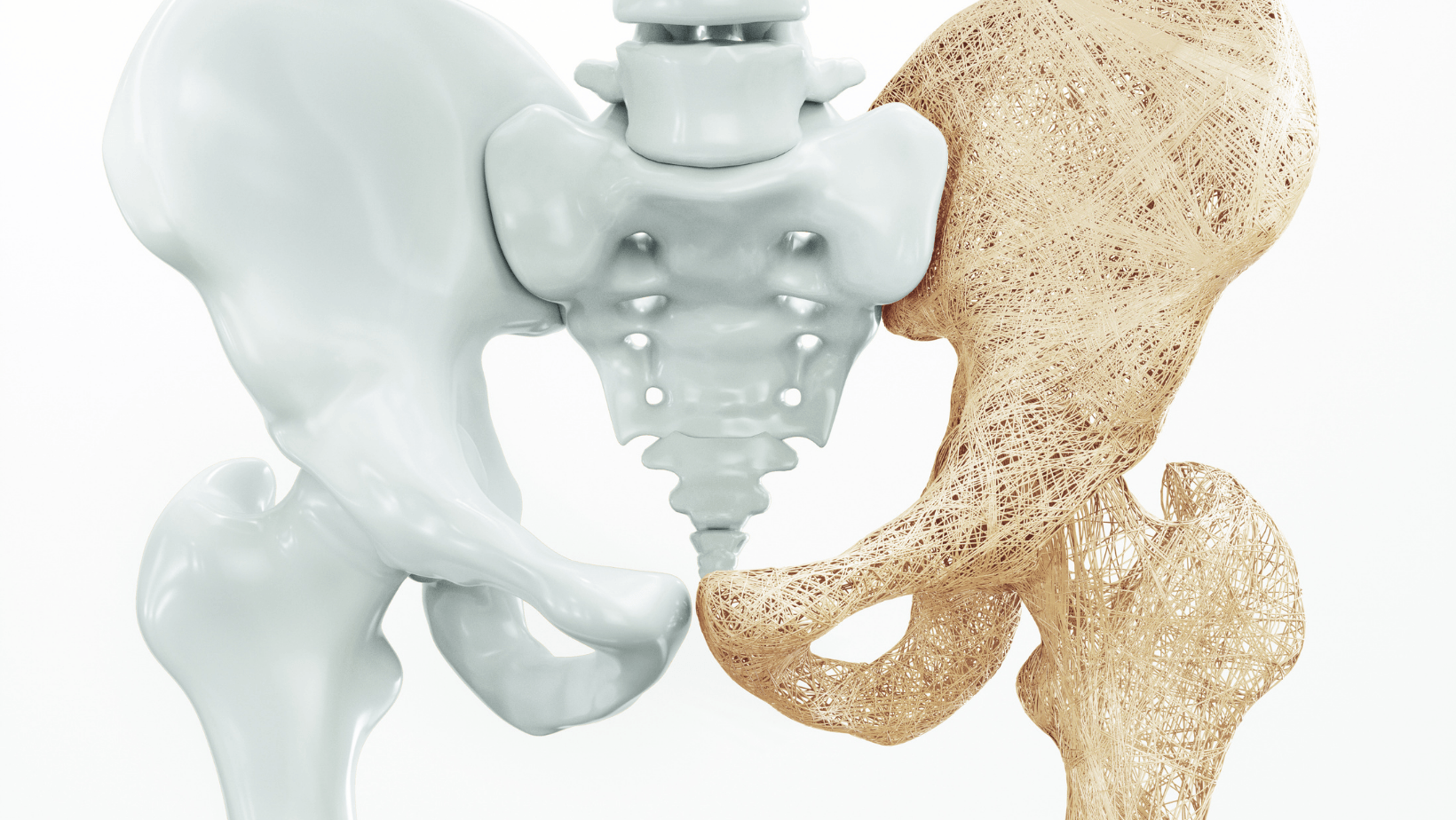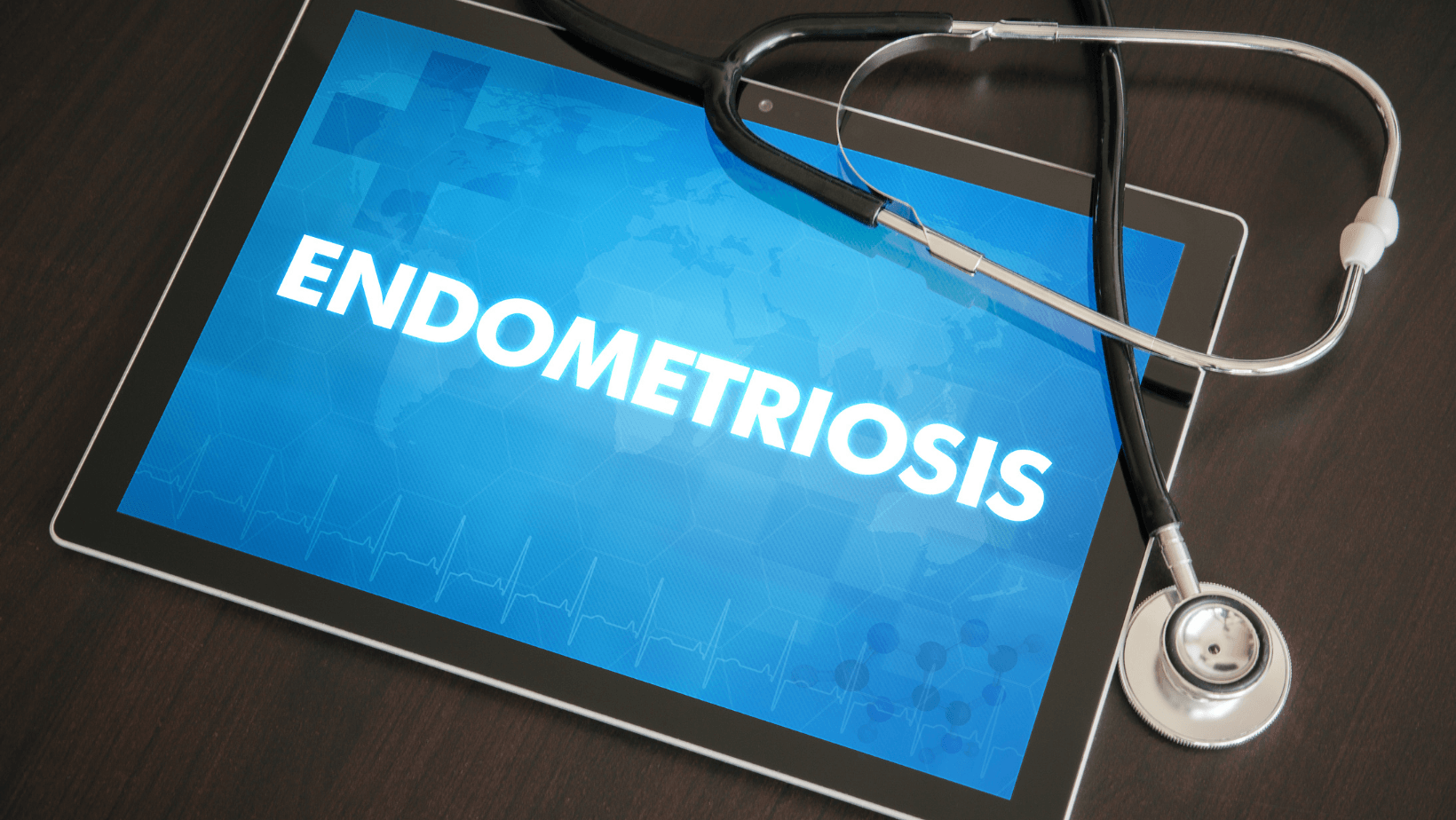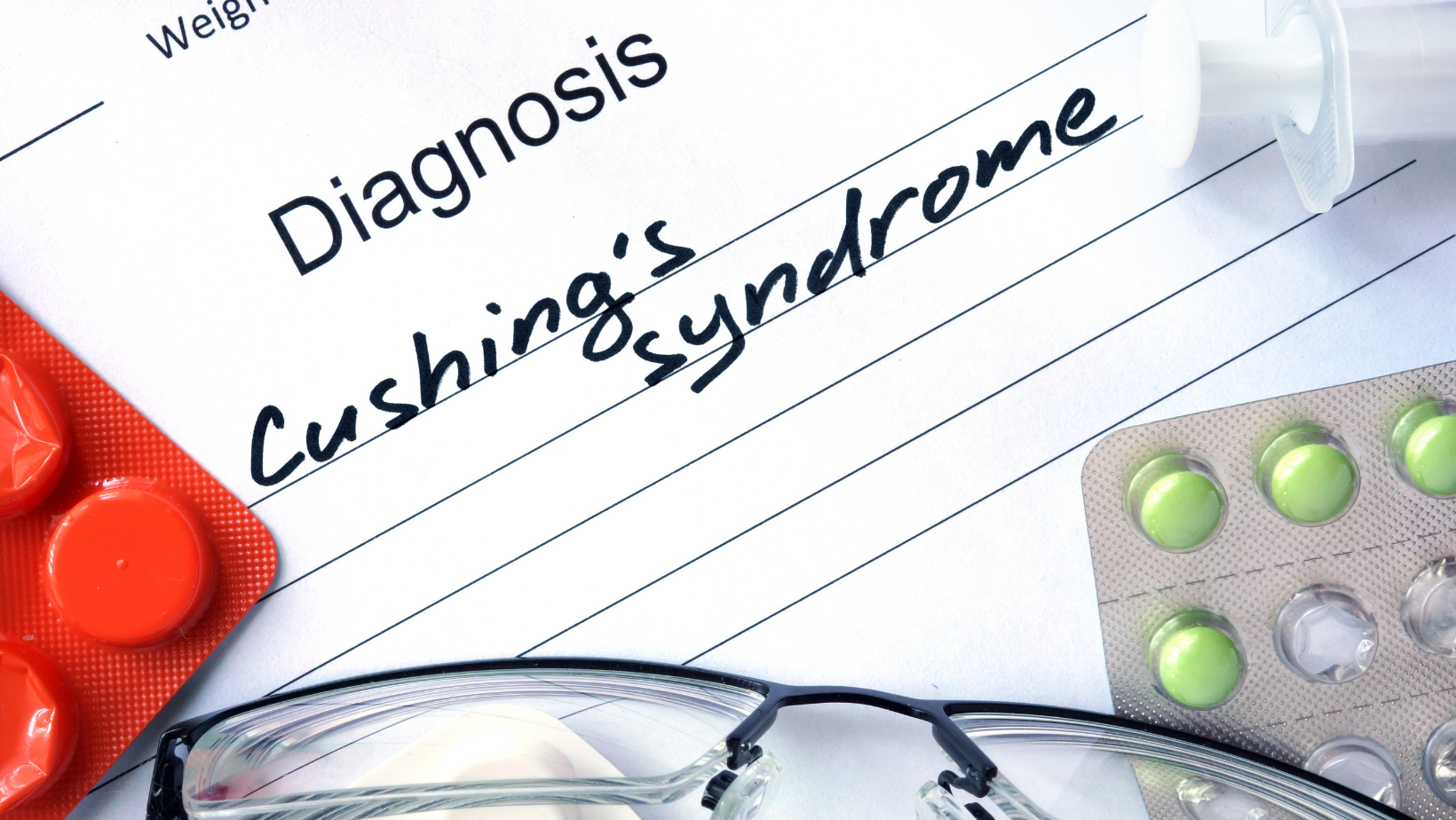Vaginal Bleeding - Symptoms, Causes, and Treatment - Avicenna Health
Vaginal bleeding
Vaginal bleeding is any bleeding unrelated to the period. This type of bleeding may include spotting small amounts of blood between periods when it is not expected, such as before age 9, during pregnancy, or after menopause.
Symptoms
1- Spotting or vaginal bleeding between periods.
2- Spotting or bleeding after a sexual relationship.
3- Spotting or bleeding after menopause (when there are no more periods).
4- Menstrual periods that last longer than seven days.
5- Soaking a tampon or pad in one hour or less during the period.
Causes
1- Cancers and precancerous conditions: cervical cancer, endometrialcancer, endometrial hyperplasia, ovarian cancer, uterine sarcoma, and vaginal cancer.
2- Endocrine system factors: such as Hyperthyroidism (overactive thyroid), hypothyroidism (underactive thyroid), Polycystic ovary syndrome (PCOS), and Stopping or changing birth control pills or menopausal hormone therapy. In other words, the level of the excess hormones may cause changes in the lining of the uterus.
3- Fertility and reproduction factors: include Ectopic pregnancy, abnormal hormone levels, Miscarriage before the 20th week of pregnancy, Pregnancy, Random ovulatory cycles, Sexual relationship, Perimenopause, and Vaginal atrophy
4- Infections: many infections affect the uterus, fallopian tubes, or ovaries, which can cause abnormal bleeding such as, Cervicitis, Chlamydia trachomatis, endometritis, Gonorrhea, Pelvic inflammatory disease, ureaplasma vaginitis, and Vaginitis.
5- Medical conditions: Some diseases lead to bleed including Celiac disease, kidney or liver disease, Thrombocytopenia, and Von Willebrand disease.
6- Medications and devices: many women may have bleeding due to forgotten tampons, Intrauterine device, Stopping or changing birth control pills, and Tamoxifen side effects.
7- Noncancerous growths and other uterine conditions: however, some cases could cause bleeding like Adenomyosis, Cervical polyps, endometrial polyps, uterine fibroids, and uterine polyps.
8- Trauma: Blunt trauma or penetrating injury to the vagina or cervix, and Sexual abuse.
Risk factors
- Age >40 years.
- Obesity.
- PCOS.
- Diabetes mellitus.
- Nulliparity.
- Early menarche or late menopause
- Hypertension.
- Chronic anovulation or infertility
When to see a doctor
You may need to see a doctor as soon as you have the following symptoms:
- Pain in the lower abdomen
- Fever
- Any vaginal bleeding, including spotting
Diagnosis
The diagnosis is to determine the cause of abnormal bleeding, so the doctor will need a physical exam, including a generally pelvic exam, and may perform one or more of the following:
- Blood tests
- Hormonal tests
- Tests for sexually transmitted diseases
- A pregnancy test
- Thyroid function tests
- Ultrasound of the pelvis
- Endometrial biopsy
- Hysteroscopy
- Pelvic MRI
- Transvaginal ultrasound
Management
The best treatment is to treat vaginal bleeding first with medications. If these do not work, surgery may be the next option.
Medications
1- Hormonal birth control methods (pills, or vaginal ring): it helps periods become more regular.
2- Intrauterine device (IUD)
3- Gonadotropin-releasing agonists: include (medications that reduce the release of gonadotropin to stop the menstrual flow and reduce the size of fibroids.
4- Tranexamic acid
5- Non-steroidal anti-inflammatory drugs (NSAIDs): such as ibuprofen to control heavy bleeding.
Surgery
1- endometrial ablation
2- Hysterectomy
3- Myomectomy
4- uterine artery embolization
Differential diagnosis
- malignant tumors
- missed abortion
- ectopic pregnancy
- trophoblastic disease
- placental polyp
- infection such as endometritis
References
- Mayoclinic
- Web med
- Radiology info
- Cleveland clinic

